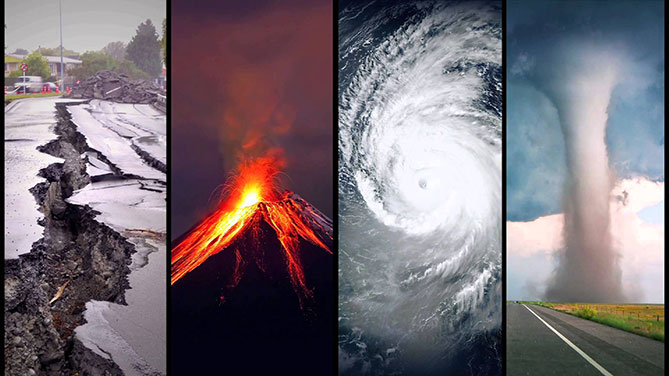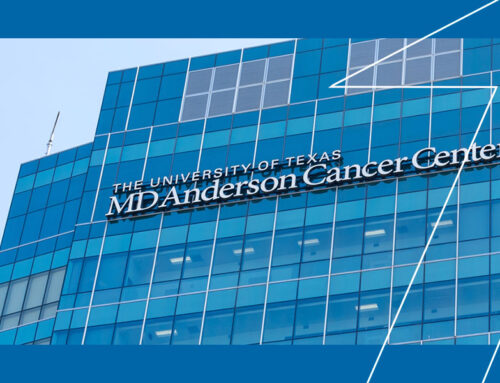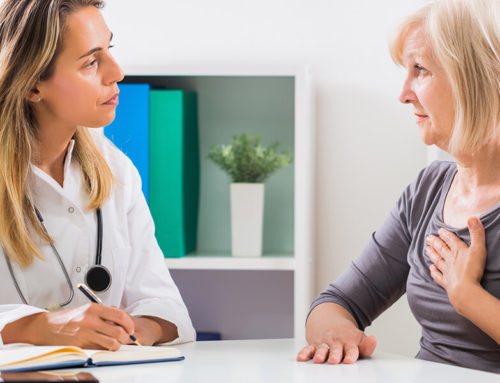Natural disasters can strike at any time and often without advanced warning. Between hurricanes, earthquakes, fires to name just a few, the world has experienced a large amount of natural disasters in recent months. While you may not get much warning in many instances of a natural disaster, it is important that individuals properly prepare themselves and their families to handle any medical related issues that often arise during these times of crisis.
For other types of natural disasters, such as hurricanes, field experts are now better able to predict the onset of the disaster as our technology continues to advance. Field experts have come up with methods of more accurately predicting the coming of floods, fires, hurricanes, storms and even devastating tornadoes. With this knowledge in hand, we can now better predict areas susceptible to these natural disasters and in many cases even approximate the time they are likely to happen.
Unfortunately, despite having more advanced warning than ever before, individual preparations to best handle natural disasters still often lag behind. Many individuals fall into the line of thinking that a natural disaster could never happen to them which then causes a lack of preparation when these events do strike. More often than not, individuals are caught unprepared which can lead to serious injury and even death; often in cases where basic preparation could have prevented that injury or death from occurring.
Preparation is critical to help you and your family best handle a natural disaster when it occurs. How do you better prepare yourself and your family for a natural disaster beforehand? Here are four key tips that may help save your life in a time of crisis:
Read Emergency Medical Books & Other Resources
Natural disasters can often leave a great number of people injured. What do you do if you or your family member gets severely injured in the event? Medical emergencies during a disaster can be extensive and medical assistance at such a time may not be accessible. Therefore, it is a good idea to have basic knowledge and practical skills to handle common types of medical emergency situations.
Knowledge of medical treatment basics can make the difference between between life in death in critical situations. There are a variety of books and resources on the internet that provide guidelines and instructions on how to offer emergency medical care with limited supplies in absence of qualified medical professionals. These resources will typically focus on injury prevention and, of course, treatment for common types of injuries that occur during natural disasters. We recommend that you find and save a few resources that focus on both basic medical preparation and treatment as well as resources that specifically highlight considerations for the types of natural disasters that you may be prone to in your specific location.
Acquire a First Aid Kit
Lack of a first aid kit at your home is quite dangerous. First aid kits are fully stocked and readily available in all pharmacies. You can even assemble one on your own with the help of an approved emergency list that has all the requirements for you and your family. Equally as important, you should have a list stored with contact details for key local emergency departments in order to seek additional support after a natural disaster.
CPR Certification
No matter how prepared you are, the impact of a disaster can be overwhelming. There are a variety of situations where CPR is needed and it is something that anyone can learn to do. You should be able to find CPR classes locally as well as some great resources online that can help teach you CPR. If you have a newborn, we also recommend learning infant CPR.
Learning How To Deal With Burns And Broken Bones
In many situations during a natural disaster, you or your family may be subject to burns or broken bones. In the case of burns, it is advisable to remove any jewelry or obstructive clothing near the burn wound to avert constrictions. The affected area should be cooled with a cold compress or cool flowing water. In the case of a suspected bone injury, the individual should not be moved. While still seeking better treatment options, it is wise to keep the broken bone stable, and there should be no movement whatsoever. Having ice within your reach and improvising a temporary splint, which is then wrapped with a bandage, is recommended until you can access emergency care.
Failing to have adequate planning for a disaster can quickly multiply an already stressful situation. The key to making it through a natural disaster safely is to prepare yourself ahead of time for a variety of different situations that may occur. These types of events can easily become a reality and the best way to safeguard yourself and your family is plan ahead.
Do you have any other medical preparation tips you would like to share? Let us know in the comments section below!
Explore More Resources From AirCARE1:
www.theprepperjournal.com




